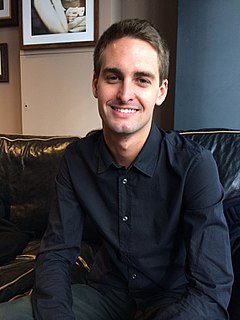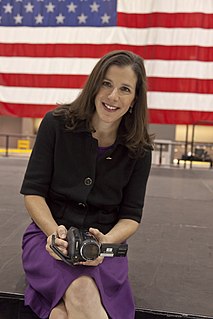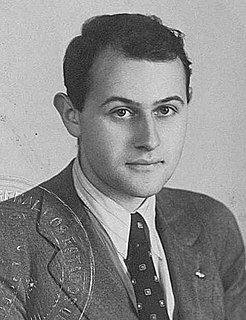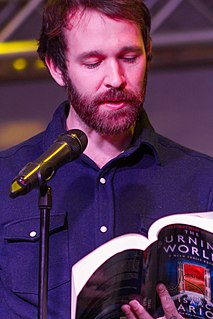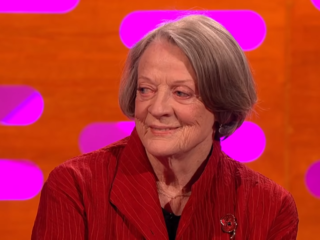A Quote by Evan Spiegel
Five years ago, we came to the realization that the camera can be used for more than capturing memories. We showed it can be used for talking. The dream for us is expanding the camera and what it can do for your life. It has capabilities beyond making memories.
Related Quotes
A huge part of what we do as actors is learning to ignore the camera, as if it's not even there, while simultaneously being very aware of the camera and what it's capturing, because you can give the best performance of your life, but if you do it with the back of your head facing the camera, it's going to get cut from the movie.
We used hand-held cameras 50 years ago. It wasn't something new. Sometimes we used a tripod, or we'd have a tracking shot, and sometimes - like when a character was being chased - we used a hand-held camera because it was right for the scene. In those cases, it helped the mood; it created immediacy and a feeling for the viewer that they were in the scene and in the moment.
Eddie Conway is central to my first memories. My parents used to take me to, when it was open, the Baltimore city penitentiary to see Eddie Conway - I was talking to my dad about this recently - from the time I might have been one or two years old. I mean, literally, my first memories are of black men in jail, specifically of Eddie Conway.
Alan Rickman was such a terrific actor, and that was such a terrific character that he played. And it was a joy to be with him. We used to laugh together because we ran out of reaction shots. They were always - when everything had been done and the children were finished, they would turn the camera around and we'd have to do various reaction shots of amazement or sadness and things. We used to say we'd got to about number 200-and-something and we'd run out of knowing what to do when the camera came around on us. But he was a joy.
You have your wonderful memories," people said later, as if memories were solace. Memories are not. Memories are by definition of times past, things gone. Memories are the Westlake uniforms in the closet, the faded and cracked photographs, the invitations to the weddings of the people who are no longer married, the mass cards from the funerals of the people whose faces you no longer remember. Memories are what you no longer want to remember.
